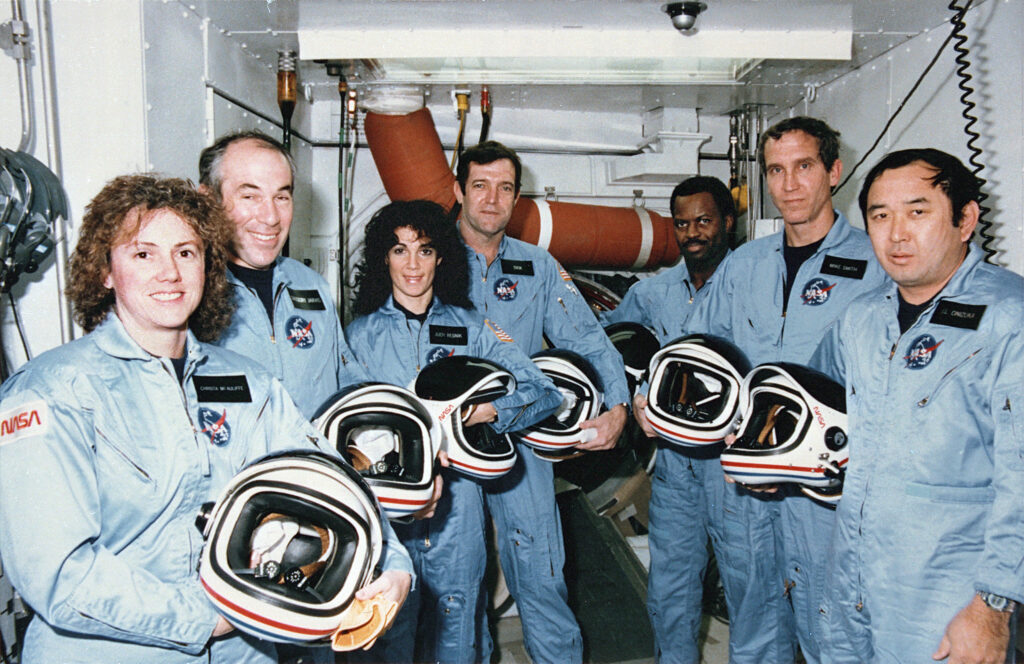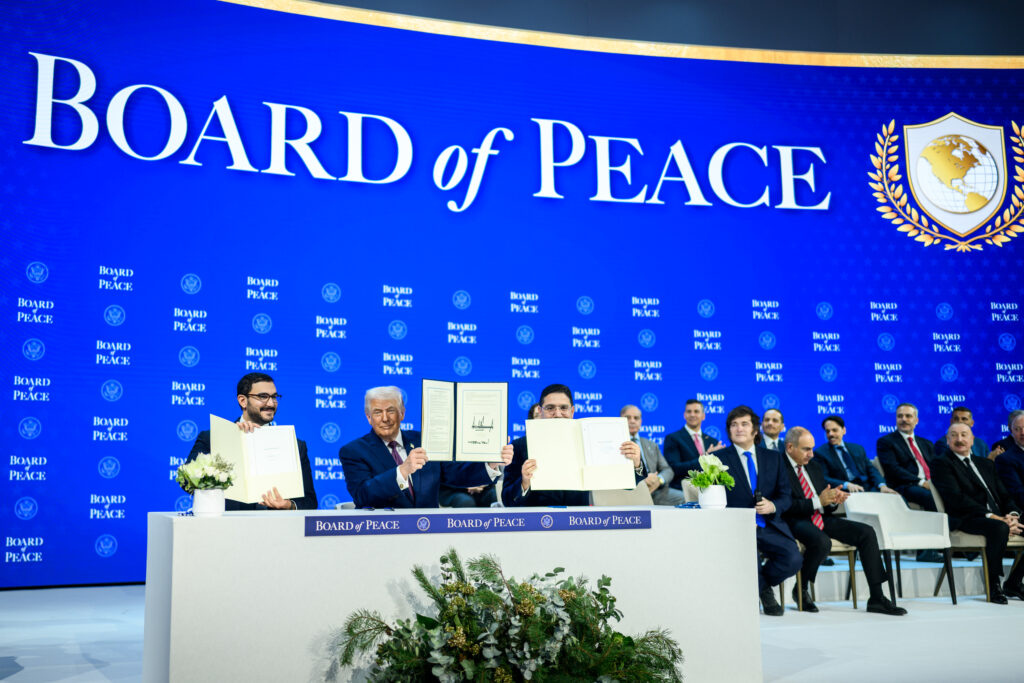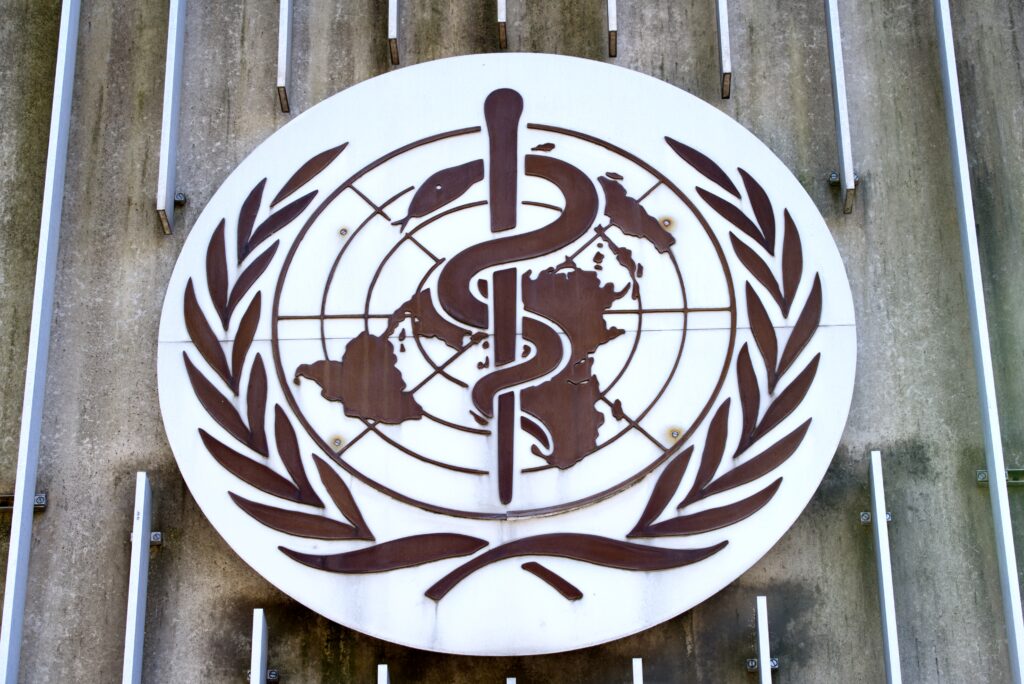A new national survey from the University of Maryland’s Program for Public Consultation finds overwhelming, bipartisan support for continued U.S. engagement with the UN and its agencies. At a time when some in Washington are pushing to defund or withdraw from key multilateral institutions, the American public is delivering a clear message: Stay in the game.
Key Takeaways
84% of Americans want the U.S. to work with the UN at current levels or more, with majorities of both Republicans and Democrats supporting participation in all eight major UN agencies.
“The message from Americans is unmistakable,” said Dr. Steven Kull, director of the Program for Public Consultation. “People want the U.S. to share the burden of global leadership, not abandon it. Despite political rhetoric, there’s broad agreement across party lines that working through the UN is in our national interest.”
“Despite political rhetoric, there’s broad agreement across party lines that working through the UN is in our national interest.”
Respondents were given arguments for and against participation in major UN bodies and asked to consider the value of U.S. membership. While critiques about UN bureaucracy and authoritarian influence resonated, support for global engagement still came out on top.
Here’s how support broke down across the political spectrum for U.S. participation in eight key UN agencies:
- UNICEF: 83% (79% Republicans, 88% Democrats)
- Peacekeeping: 81% (76% Republicans, 89% Democrats)
- World Food Programme (WFP): 81% (78% Republicans, 88% Democrats)
- World Health Organization (WHO): 79% (70% Republicans, 91% Democrats)
- International Atomic Energy Agency (IAEA): 78% (77% Republicans, 83% Democrats)
- UN Development Programme (UNDP): 77% (69% Republicans, 87% Democrats)
- UN Environment Programme (UNEP): 73% (63% Republicans, 85% Democrats)
- UN Refugee Agency (UNHCR): 70% (59% Republicans, 83% Democrats)
Notably, a solid majority — 62% — said the U.S. should join the International Criminal Court, which has long been a target of Congressional scrutiny. That includes strong support from across the aisle: 57% of Republicans and 72% of Democrats.
The survey results come at a critical moment. With renewed calls to defund UN agencies and exit international agreements, American voters don’t want policymakers to mistake frustration with global institutions for a desire to abandon them.
Don’t mistake frustration with global institutions for a desire to abandon them.
“Americans understand that the UN may be imperfect, but it offers something the U.S. can’t get on its own — legitimacy, shared burden and global reach,” said Kull. “Isolation isn’t popular. Multilateralism is.”
“Isolation isn’t popular. Multilateralism is.”
For full results, visit the University of Maryland’s Program for Public Consultation.




